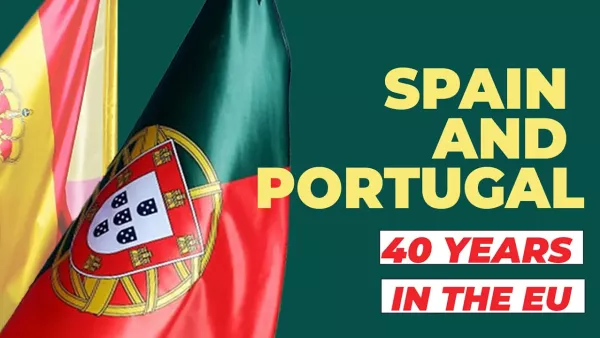Yesterday, the S&D Group led the reform of the European Parliament’s future elections. The reforms would introduce an EU-wide constituency list where lead candidates contend for the nomination of the Commission presidency. In the reform proposals on the European Electoral Law voted yesterday in the European Parliament’s constitutional affairs committee, S&D rapporteur Domènec Ruiz Devesa found a cross-party agreement on transnational candidate lists for 28 additional seats in the European Parliament. EU-wide constituency lists would be balanced to avoid large Member States dominating the choice of candidates and would also adhere to a zipped list system that guarantees gender balance by alternating women and men. The committee vote will be followed by a plenary vote in early May, before the Council considers its position.
Domènec Ruiz Devesa, rapporteur on European Electoral Reform and S&D spokesperson for constitutional affairs, said:
“With these reforms, three main objectives will be achieved: we will be able to strengthen European political parties and association of voters and make them much more visible for voters, by enabling them to campaign across the EU and select transnational candidates. Some of these candidates would campaign throughout Europe and not only in their states of origin or residence. With transnational campaigns, we will be able to create a real pan-European debate so that voters are given much more opportunity to look beyond the domestic politics that normally fills up their newspapers, TV screens and social media feeds. These reforms should also set the Spitzenkandidaten process in stone, by giving voters a second ballot paper to elect members from a geographical and gender-balanced Union-wide list. This second ballot paper would show voters the logos of European political entities and would be headed by the candidate seeking the nomination of the Commission president. It is high time to change EU electoral law to boost EU-wide debate and have elections that properly reflect today’s political realities.”
Note to editors
The European Parliament has a special right of initiative enshrined in Art. 223 TFEU. After the Parliament’s proposal, the Council adopts its own changes by unanimity before the final European Parliament consent. The ratification of all Member States is also required for the Act to enter into force.








